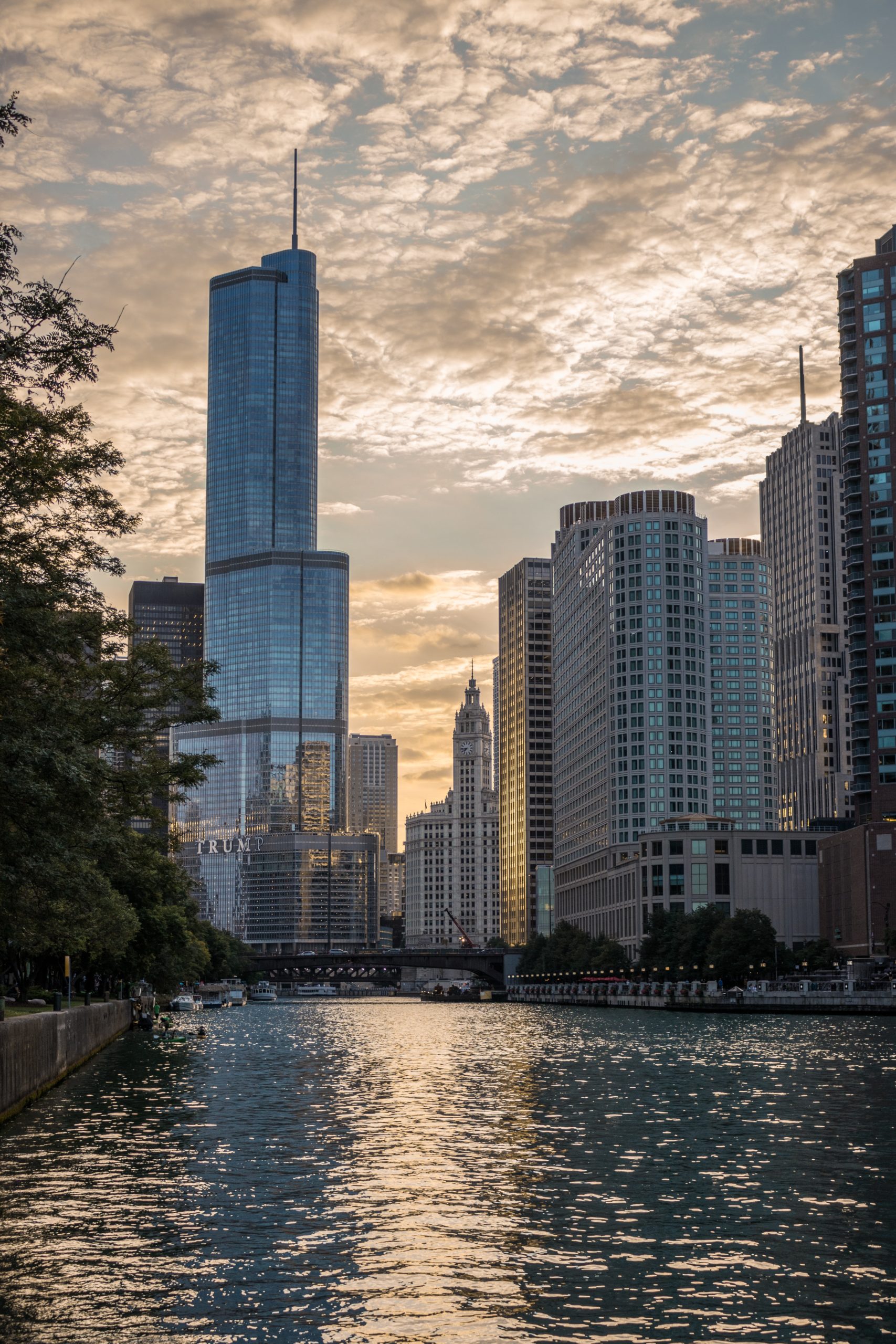
There’s a good chance you’re as tired of reading about Oregon’s cannabis oversupply as I am about writing about it.
Then again, oversupply equals lower prices, so perhaps partaking of those readily available $7 to $10 grams of BHO before reading my coverage are making it a less arduous undertaking. Win/win.
Taking a note from our cannabis legalization process and its successes and failures, Illinois is sorting out some aspects of supply and demand with its current medical program.
It looks like they’re also thinking how best to serve the expected demand of an adult-use recreational cannabis program, which some analysts think could be passed as early as this summer.
The Chicago Tribune reports that state lawmakers commissioned a study to examine how well the state’s current medical growers—all 16 of them—would be able to provide for their current medical program clients, as well as Illinois residents partaking under a theoretical adult-use program and tourists adding weed purchases to their Miracle Mile shopping trips and deep-dish pizza gorges. (Which is inferior to New York style. I said it. Fight me.)
The report took into consideration Illinois’ 12.8 million residents, of which 8 percent recently admitted to cannabis use. (As anyone who has ever lived in Chicago can attest, 8 percent? Yeah, right.) Perhaps people aren’t speaking up about their illicit cannabis use for fear of engaging with a police force that we can charitably say needs serious reforms. #HarithAugustus
Researchers then added the 100-plus million visitors each year, and determined that the 16 licensed growers would only be able to provide 35 to 54 percent of the estimated annual need of the 550,000 pounds per year required for an Illinois adult-use market.
By supplying that predicted level of need, the state determined it could bring in at least $440 million a year in tax revenue.
Industry group the Medical Cannabis Alliance of Illinois said, to no one’s surprise, that they could ramp up production to meet this demand, and it would be a big, big mistake to license any new growers, as doing so could lead to an oversupply, which could lead to—that’s right—diversion, i.e. illegal sales out of state.
Coming from a state with too many producers and a multi-year oversupply of cannabis, I’m not tossing shade, but there’s room for more than 16 growers.
Something that was noted by the Tribune: The report was commissioned by Sen. Heather Steans, D-Chicago, and Rep. Kelly Cassidy, D-Chicago, sponsors of legislation to legalize recreational cannabis.
They have said they want the industry to be diverse, something that has yet to happen in Illinois.
“When we talk about equity, this industry should look like the world,” said their colleague, Rep. Jehan Gordon-Booth, D-Peoria, who is also part of the legalization effort. “It should not just be for wealthy, white men.”
Legalization there is not a lock yet, and there remain staunch prohibitionists such as the group Healthy and Productive Illinois, who have dire warnings to the youth of cities like Chicago about a legalization provision allowing home grows. “Once the product is legalized, once it’s being grown in people’s homes, increased use is going to be devastating to the youth of Illinois. The more available it is, the more it’s going to be used.”
But in neighborhoods with elevated levels of gun violence, there’s also a greater concentration of individuals dealing with PTSD from that violence.
One benefit of legalization is providing those people with easier legal access to potential relief, not to mention a growing legal industry with myriad job positions.
Here’s hoping the Prairie State ignores disinformation-spreaders like Healthy and Productive Illinois and puts legalization in place soon.

